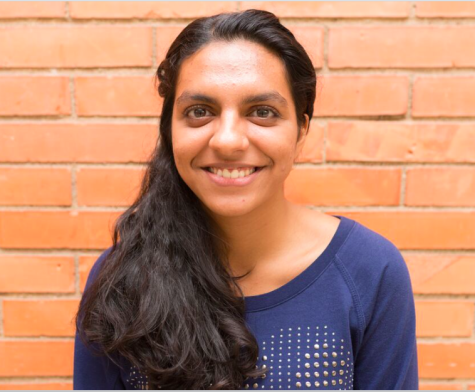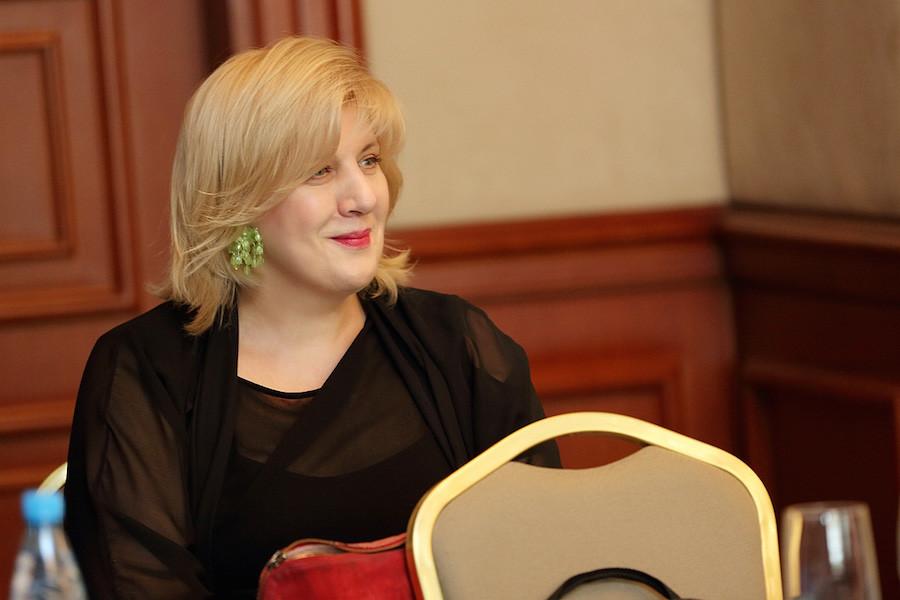Is journalism unsafe for female journalists?
Dunja Mijatovic
Journalism has always been a relatively unsafe profession. Journalists travel to dangerous countries, expose ugly truths and often speak out against the powers that be.
But why does the world target female journalists specifically?
According to Dunja Mijatovic, representative on Freedom of the Media for the Organization for Security and Cooperation in Europe (OSCE), online abuse against female journalists is “a global phenomenon growing at a very rapid pace.”
Several female journalists have spoken out about the attacks they have received, all of which were unwarranted. Some even reported receiving serious death threats. Jenny Alversjo, anchor for TV4 Sweden, says, “When someone threatens to kill you . . . the world stops. The first real threat was horrifying. The person who wanted me dead said I had two weeks left to live. It’s hard to describe the fear I felt.” A female Turkish journalist, Amberin Zaman, notes, “”I received hundreds of tweets, using the most obscene language, threatening to kill me, threatening to rape me . . . it’s like a public lynching.”
Unfortunately, these online attacks do not concern the content of articles or their quality. As Ms. Mijatovic said, they “degrade the journalist as a woman.”
The OSCE says that threats of sexual violence have become the norm for most female journalists. Others face “severe sexual harassment and intimidation.” According to Ms. Mijatovic, “In some countries like the UK, the US and in Scandinavia, the problem is acknowledged . . . in other countries [it] remains a non-issue.”
Female journalists have faced this kind of trial since the beginning. According to the American Journalism Review, “For decades women . . . [have faced] intimidation and harassment from male athletes, coaches and even colleagues.”
Women have always had to fight for their rights, like the right to vote, the right to not be considered as property, and even the right to their own bodies. Throughout history, women have been marginalized. For female journalists, the marginalization of women, their “conventional” role as housekeepers and subordinates has contributed to this culture of telling women to “shut up and look pretty.”
All this has serious implications for freedom of speech. If female journalists are threatened, this might become another career field in which women are under-represented. If one group in society is prevented from expressing itself or telling the truth, that is oppression. This is not progress. As Ms. Mijatovic says, the abuse is unacceptable and is a “dangerous new trend, which needs to be addressed now.”
Thankfully, the female journalists who have been threatened are unlikely to stop talking. Alversjo says, “First you’re scared, but soon the fear turns into anger. No one has the right do this to me. No one can keep me from doing my job.” It seems like the battle for women in journalism still has a long way to go.
Sources: bbc.com, ajr.org w

This is Anoushka’s second and final year in The Talon. She still does not know how to write a biography and would probably ‘google’ it if she knew...








